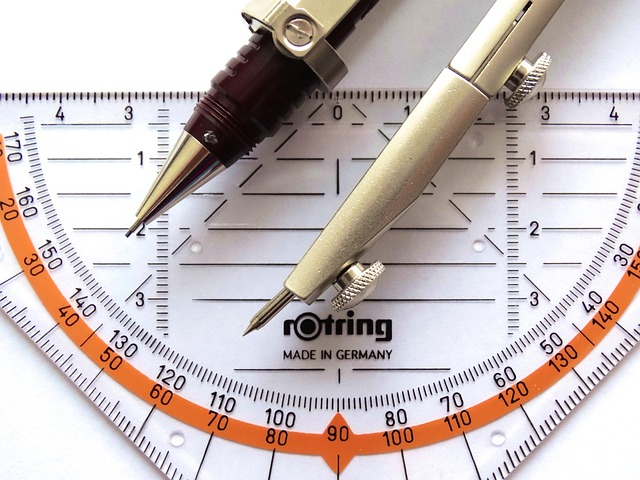
The Importance of an Expenses Spreadsheet
In today’s fast-paced world, managing finances effectively is crucial for both individuals and businesses. An expenses spreadsheet serves as a fundamental tool in this endeavor, allowing users to track their spending, identify patterns, and make informed financial decisions. By organizing financial data systematically, an expenses spreadsheet can simplify the budgeting process and enhance financial literacy.
What is an Expenses Spreadsheet?
An expenses spreadsheet is a structured document, typically created using spreadsheet software, that records all financial transactions over a specified period. It categorizes expenses into various segments, such as housing, transportation, groceries, and entertainment, enabling users to visualize their spending habits. This tool is invaluable for anyone looking to gain control over their finances, whether for personal budgeting or managing a business budget.
Benefits of Using an Expenses Spreadsheet
Utilizing an expenses spreadsheet offers numerous advantages:
- Enhanced Organization: By categorizing expenses, users can easily identify where their money is going, making it simpler to manage finances.
- Improved Financial Awareness: Regularly updating an expenses spreadsheet fosters a deeper understanding of spending habits, which can lead to more mindful financial decisions.
- Goal Tracking: An expenses spreadsheet allows users to set and monitor financial goals, such as saving for a vacation or paying off debt.
- Customizable Templates: Many templates are available that cater to specific needs, such as personal finance, business expenses, or event planning.
How to Create an Effective Expenses Spreadsheet
Creating an expenses spreadsheet is a straightforward process. Here are the steps to follow:
- Choose Your Software: Select a spreadsheet application such as Microsoft Excel, Google Sheets, or any other preferred software.
- Set Up Your Categories: Determine the categories that best represent your spending. Common categories include housing, utilities, groceries, transportation, entertainment, and savings.
- Input Your Data: Begin entering your expenses into the spreadsheet. Be diligent in recording every transaction to ensure accuracy.
- Monitor Regularly: Update your spreadsheet frequently, whether weekly or monthly, to maintain an accurate reflection of your financial situation.
- Analyze Your Spending: At the end of each month, review your expenses to identify trends and areas for improvement.
Utilizing Templates for Efficiency
For those who may find it challenging to create an expenses spreadsheet from scratch, numerous free and customizable templates are available online. These templates can significantly streamline the budgeting process by providing a pre-structured format that users can easily adapt to their needs. Templates often include prompts for various expenses, ensuring that no critical financial aspect is overlooked.
Common Mistakes to Avoid
While using an expenses spreadsheet can be beneficial, certain pitfalls should be avoided:
- Neglecting to Update: Failing to regularly update the spreadsheet can lead to inaccuracies and a distorted view of one’s financial situation.
- Overcomplicating Categories: Keeping categories simple and relevant is essential. Overly complex categories can lead to confusion and mismanagement.
- Ignoring Small Expenses: Small, seemingly insignificant expenses can accumulate over time. It is crucial to record all transactions, regardless of size.
- Not Setting Goals: Without clear financial goals, it can be challenging to stay motivated and focused on budgeting efforts.
Conclusion
In conclusion, an expenses spreadsheet is an essential tool for anyone looking to take charge of their financial health. By providing a clear overview of spending habits, it empowers users to make informed decisions and work towards their financial goals. Whether one is managing personal finances or overseeing a business budget, the benefits of maintaining an organized expenses spreadsheet cannot be overstated. With the right approach and tools, achieving financial stability and success is within reach.

















 The Sounds: Lifter Noise vs. Rod Knock
The Sounds: Lifter Noise vs. Rod Knock 
 Health
Health  Fitness
Fitness  Lifestyle
Lifestyle  Tech
Tech  Travel
Travel  Food
Food  Education
Education  Parenting
Parenting  Career & Work
Career & Work  Hobbies
Hobbies  Wellness
Wellness  Beauty
Beauty  Cars
Cars  Art
Art  Science
Science  Culture
Culture  Books
Books  Music
Music  Movies
Movies  Gaming
Gaming  Sports
Sports  Nature
Nature  Home & Garden
Home & Garden  Business & Finance
Business & Finance  Relationships
Relationships  Pets
Pets  Shopping
Shopping  Mindset & Inspiration
Mindset & Inspiration  Environment
Environment  Gadgets
Gadgets  Politics
Politics 